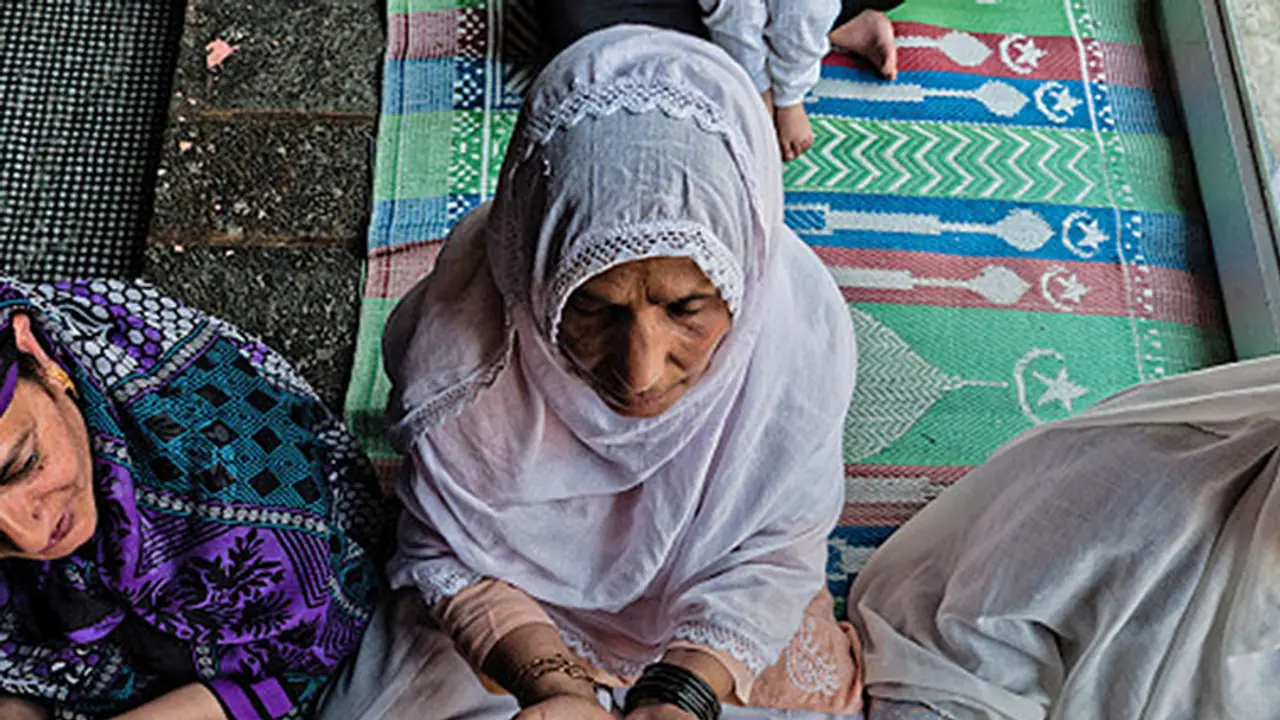The apex court said the new law should come into being in six months If not the current ban on Triple Talaq will continue to exist The court said the new law must be in compliance with Quran and Sharia laws
Putting an end to the practice of instant talaq, the Supreme Court has on Tuesday declared the practice of Triple Talaq is invalid and unconstitutional. The apex court by 3:2 verdict has ruled that the practice is void and is against the basic tenets of Quran.

However, the court stated that the practice should be banned for next six months and in the meantime, the government should come out with a legislation in this regard. The court also stated that the new law must take into account all concerns of Sharia Law and Muslim bodies.
Also read: Supreme Court scrapes Triple Talaq practice, calls it unconstitutional
Though only three out of five judges agreed to cancel the practice, they were united in the view that Parliament should bring a law to end it. While Justices Uday Umesh Lalit and Rohinton Fali Nariman ruled that triple talaq is violative of Article 14 and hence unconstitutional, Justice Kurian Joseph struck down the practice stating that it goes against the basic tenets of Quran and Shariat. Meanwhile, Chief Justice J Khehar and Abdul Nazeer were of the opinion that the court cannot interfere in personal law and hence it must be left to the Parliament.
The court also asked political parties to keep their differences aside and help the centre bring out the legislation.
Read more: Triple Talaq: 9 rules for husband, wife suggested by Muslim Personal Law Board
If the Parliament fails to come up with a law regarding Muslim marriage and divorce, within six months, the ruling of Supreme Court will continue.
However, the verdict seems to have considered only the practice of triple talaq, but the decision does not bring in any gender parity among Muslim men and women. The main reason is that the court considered only Talaq-ul-Bidaat and not Talaq-ul-Sunnat, which is revocable divorce.
More: SC's Triple talaq ruling: Does it need re-consideration?
Still, the right to talaq rests with Muslim men, and we will have to wait for six months to see how the law evolves in the matter.
